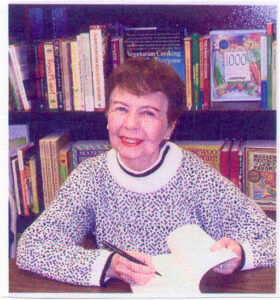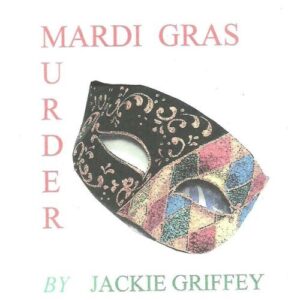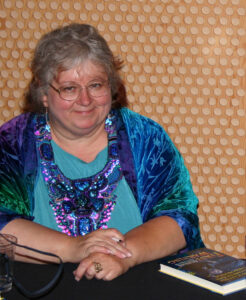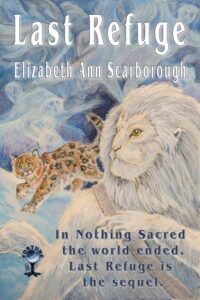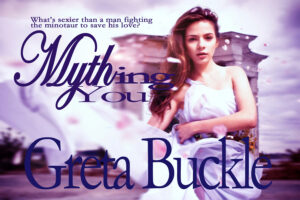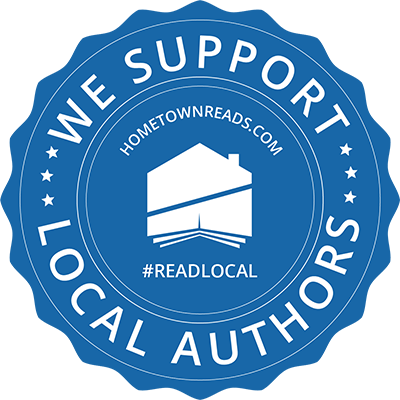I’m excited to have Russell Davis as our guest today. I first met Russ through a mutual friend, and got to know him outside of the publishing world. Since then, we’ve worked together on different projects throughout our careers. I’m always amazed at his eloquence with words. If you’re struggling with word count, this is the perfect article for you. I hope you enjoy!
 Best-selling author Russell Davis has written and sold numerous novels and short stories in virtually every genre of fiction, under at least a half-dozen pseudonyms. His writing has encompassed media tie-in work in the Transformers universe to action adventure in The Executioner series to original novels and short fiction in anthology titles like Under Cover of Darkness, Law of the Gun, and In the Shadow of Evil. In addition to his work as a writer, he has worked as an editor and book packager, and created original anthology titles ranging from westerns like Lost Trails to fantasy like Courts of the Fey. He is a regular speaker at conferences and schools, where he teaches on writing, editing and the fundamentals of the publishing industry. A past president of the Science Fiction & Fantasy Writers of America, Russell now writes full time, and teaches for Western State Colorado University’s MFA in Creative Writing. His next short fiction collection, The End of All Seasons, is due out soon. He maintains an irregular presence on his website http://morningstormbooks.com. Or you can reach him at: http://www.western.edu/academics/creativewriting.
Best-selling author Russell Davis has written and sold numerous novels and short stories in virtually every genre of fiction, under at least a half-dozen pseudonyms. His writing has encompassed media tie-in work in the Transformers universe to action adventure in The Executioner series to original novels and short fiction in anthology titles like Under Cover of Darkness, Law of the Gun, and In the Shadow of Evil. In addition to his work as a writer, he has worked as an editor and book packager, and created original anthology titles ranging from westerns like Lost Trails to fantasy like Courts of the Fey. He is a regular speaker at conferences and schools, where he teaches on writing, editing and the fundamentals of the publishing industry. A past president of the Science Fiction & Fantasy Writers of America, Russell now writes full time, and teaches for Western State Colorado University’s MFA in Creative Writing. His next short fiction collection, The End of All Seasons, is due out soon. He maintains an irregular presence on his website http://morningstormbooks.com. Or you can reach him at: http://www.western.edu/academics/creativewriting.
Doing the Writerly Math
Writing is a hard job. Oh, it’s not digging ditches in the winter or paving highways with hot tar in the desert sun, but my guess is that there are a lot more people who do those jobs every day (or something like them) who wouldn’t sit in front of a computer trying to make up readable prose for hours on end. It can be just as taxing – mentally, if not physically – and there are certainly times when it’s pure drudgery. When I’m talking to my students at Western State Colorado University, I often find that they’re intimidated by word count. Not early on, when the word count requirements are lower, but when the challenge ratchets up in the second semester and they’re required to write a minimum of 25,000 words for their end of semester project. Many of them have never written even close to that number of words in a single piece of fiction and it can seem like a huge number of words.
Then I tell them that it’s a practice work, and that they should write something brand new for their thesis, which must be at least 55,000 words. Sometimes, the mental grinding of gears, gnashing of teeth, and rending of cloth is so loud in their minds, that even I can hear it. Here’s the funny part, at least to me. 55,000 words is a short book. It’s about the length of most adult series titles like The Trailsman or Don Pendelton’s Executioner series. Also about the length of a category romance. Most genre fiction titles published today run 80,000 to 90,000 words, and in epic fantasy, it’s not uncommon for a book to be several times that length.
For a newer writer, that can seem not just like a big number, but an insurmountable one. A Mount Everest of pages in a single story. They are certain that while others have done it, they themselves will succumb to the lack of oxygen at such heights (choked to death by an errant plot line) or die in the freezing cold (axed by a villainous, yet unexpected, character). This is why doing the writerly math is important, and something I teach to every incoming group (and repeat regularly, since writerly panic is pretty common, too).
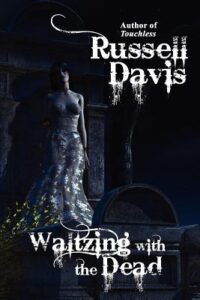 Let’s do the math, shall we? If you can force yourself to write one page a day – that’s typed, double-spaced, in proper format – you’ve got an average of about 250 words. One page isn’t much. This blog post is longer than that, right? So, subtracting one day off for life happens, let us suppose you write your page a day six days a week. 250 words x 6 days = 1500 words. Let’s make another supposition for our writerly math. Let us assume that you do this 50 weeks a year, because you take two weeks per year off to dig ditches or pave highways or something more fun than writing. 50 weeks x 1500 words = 75,000 words. That, my friends, is longer than an adult series book or category romance, and nearly the 80,000 words of a typical genre title. Not too bad, and a page a day is hardly even exercising your muse.
Let’s do the math, shall we? If you can force yourself to write one page a day – that’s typed, double-spaced, in proper format – you’ve got an average of about 250 words. One page isn’t much. This blog post is longer than that, right? So, subtracting one day off for life happens, let us suppose you write your page a day six days a week. 250 words x 6 days = 1500 words. Let’s make another supposition for our writerly math. Let us assume that you do this 50 weeks a year, because you take two weeks per year off to dig ditches or pave highways or something more fun than writing. 50 weeks x 1500 words = 75,000 words. That, my friends, is longer than an adult series book or category romance, and nearly the 80,000 words of a typical genre title. Not too bad, and a page a day is hardly even exercising your muse.
Maybe your muse is in better shape than the above example. Maybe you can do two pages or 500 words in a day. Suddenly, you’re writing 150,000 words per year (that’s almost three of those series books). Maybe your muse is a real badass – you know, Arnold Schwarzenegger when he was Conan or Stallone as early Rambo – and you can come up with three pages a day or 750 words. Now, you’ve gotten to 225,000 words per year.
And maybe a part of you is saying, “Three pages?! I can do three pages in my sleep! My muse is a GOD!” And you can do five pages a day, 1000 words, and with nothing more than the will to put the words down day in and day out, you’re delivering 300,000 words per year.
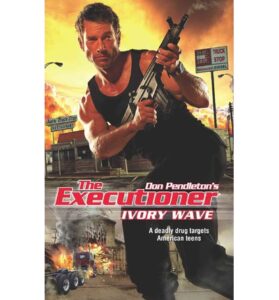 Here’s the thing: you probably won’t do one or two or even five pages necessarily every day, six days a week. Life happens and it gets in the way sometimes. But what does happen, if you can think of writing this way, is that the novel you want to write is possible. It can be done, by you, and here’s something even better: the more you write, the more you practice your craft, the faster you’ll be able to put words on the page. Writing is a lot like exercise, and the more you work your writing muscles, the stronger you’ll become. (Even better, most writers find that the words get better, too, and they don’t have to revise quite as much!)
Here’s the thing: you probably won’t do one or two or even five pages necessarily every day, six days a week. Life happens and it gets in the way sometimes. But what does happen, if you can think of writing this way, is that the novel you want to write is possible. It can be done, by you, and here’s something even better: the more you write, the more you practice your craft, the faster you’ll be able to put words on the page. Writing is a lot like exercise, and the more you work your writing muscles, the stronger you’ll become. (Even better, most writers find that the words get better, too, and they don’t have to revise quite as much!)
So, know your pace – what you can reasonably do in a given day, allowing for life happens at least somewhat – then do the writerly math. Suddenly, your novel isn’t Mount Everest, but a gentle hill in the park. Novels are written one word at a time. Think about that for a moment. One word at a time. Not a sentence, a paragraph, a scene, or a chapter. Novels are built of individual words, and your novel – whether it’s 55,000 words or a 300,000 word epic fantasy is no different in that regard. You’ll write it one word at a time, and you should do the math so that you can see the summit before you set out on the journey.
Even the most hesitant of aspiring writers can manage one word at a time, I imagine. After all, that’s how this blog post was written, and it’s just shy of a thousand words. I didn’t even do the math.
Thank you, Russell, for sharing your experiences, and being our guest today. If you have questions, or comments for him, he’ll be with us all day. Thank you!


